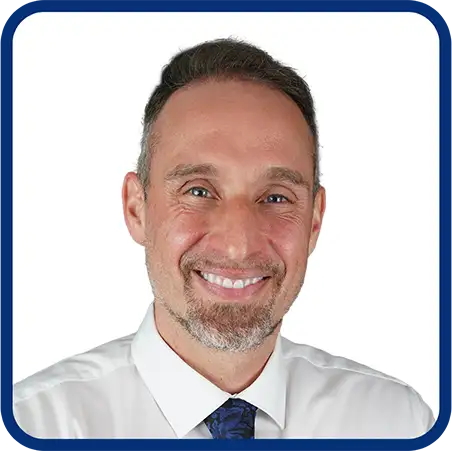Oral and maxillofacial surgery has experienced significant advancements, particularly in reconstructing complex patient cases. This presentation focuses on using microvascular free flaps and other advanced techniques to facilitate comprehensive rehabilitation. These techniques have become a cornerstone in reconstructing extensive defects, offering unmatched versatility and reliability. By transplanting tissue with its blood supply, microvascular free flaps ensure enhanced healing and integration, leading to superior functional and aesthetic outcomes.
Secondary Techniques Enhancing Reconstruction and Rehabilitation:
• 3D Printing and Custom Implants: These technologies enhance surgical precision, reduce operative time, and improve functional and aesthetic results..
• Computer-Aided Surgical Planning (CAD/CAM): Integrating CAD and CAM in surgical planning allows for detailed preoperative simulations and the creation of precise surgical guides.
• Patient-Specific Rehabilitation Protocols: Tailored protocols consider each patient's unique needs, using data-driven approaches and advanced rehabilitation technologies.
Through these innovations, oral and maxillofacial surgeons are equipped to provide more personalized and effective treatment plans, leading to better functional and aesthetic results. This presentation will offer an in-depth exploration of these developments and their implications for the future of maxillofacial surgery.
